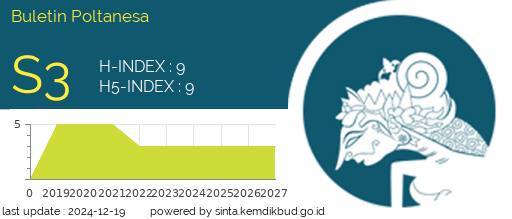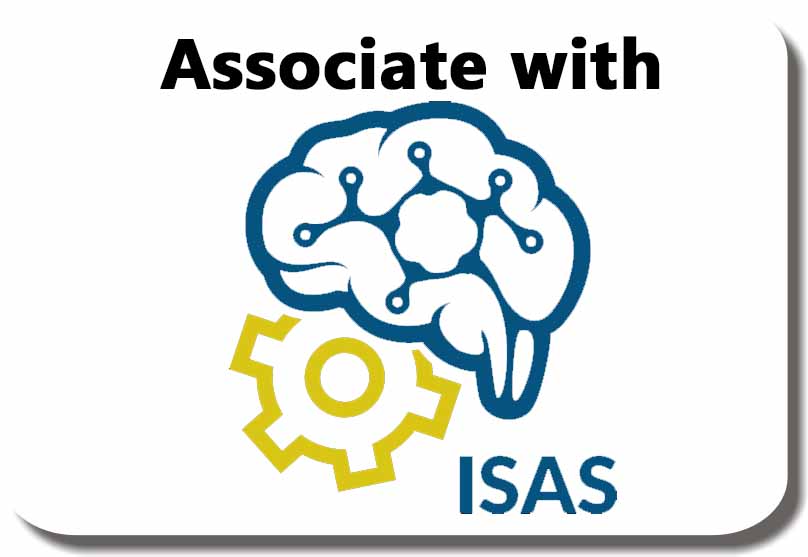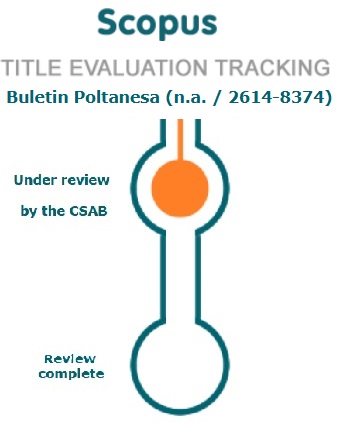Philosophical Overview of Freedom of Expression in The Implementation of Islamic Education Management
DOI:
https://doi.org/10.51967/tanesa.v24i2.2951Keywords:
Philosophy, Speech Freedom, Management, Islamic EducationAbstract
This research discusses a philosophical examination of freedom of expression in the context of the implementation of Islamic education management. Freedom of expression becomes a crucial aspect in the development of a dynamic and innovative work environment. Through a philosophical approach, this research analyzes the concept of freedom of expression in the context of management, identifies its impact on decision making, and evaluates the role of management in supporting freedom of expression. This article aims to conduct a philosophical review of freedom of expression in the context of the implementation of Islamic education management. The main focus of this research is to delve into the concept of freedom of expression within the framework of Islamic values and how this concept can be integrated into educational management. The research uses philosophical analysis and literature methods to explore the views of Islamic philosophers regarding freedom of expression and identify the relevance of this concept in the administration of Islamic educational institutions. However, this freedom is not absolute but is limited by Islamic moral and ethical values. The concept of freedom of expression in Islamic education management requires a profound understanding of Islamic values, in line with the educational objectives desired in the context of religious teachings.
References
Afriansyah, H. (2019). Administrasi Peserta Didik.
Arifatul, M. (2022). Internalisasi Nilai-nilai Moderat di Muslimat Nahdlatul Ulama Ranting Buluagung Kecamatan Siliragung Kabupaten Banyuwangi. UIN jember.
Arsyam, M. (2020). Manajemen pendidikan islam.
Drianus, O. (2018). Manusia di Era Kebudayaan Digital: Interpretasi Ontologis Martin Heidegger. MAWA IZH JURNAL DAKWAH DAN PENGEMBANGAN SOSIAL KEMANUSIAAN, 9(2), 178–199.
Fadli, M. R. (2021). Memahami desain metode penelitian kualitatif. Humanika, Kajian Ilmiah Mata Kuliah Umum, 21(1), 33–54.
Fathorrahman, F. (2019). Konsep Fitrah Dalam Pendidikan Islam. Tafhim Al-’Ilmi, 11(1), 34–46.
Ferdinand, G. R., Madallo, E., Palamba, R., Josua, R., Manajemen, J., Ekonomi, F., & Jaya, U. A. (2019). Etika Dalam Kehidupan Bermasyarakat. Jurnal Etika Kehidupan, 3–4.
Gabhe, Y. M. B. (2021). Keadilan Menurut John Rawls dan Relevansinya bagi Perwujudan Keadilan di Indonesia. IFTK Ledalero.
Gemnafle, M., & Batlolona, J. R. (2021). Manajemen pembelajaran. Jurnal Pendidikan Profesi Guru Indonesia (JPPGI), 1(1), 28–42.
Hidayat, Y., Nurhidayat, R., & Purkon, U. (2023). istilah-istilah dan asas asas manajemen menurut prespektif islam. relinesia: jurnal kajian agama dan multikulturalisme indonesia, 2(2), 94–104.
ilaa, d. t. (2021). feminisme dan kebebasan perempuan indonesia dalam filosofi. jurnal filsafat indonesia, 4(3), 211–216.
karmila, k., fauziah, n., safira, e., sadikin, m. n. a., & wardhana, k. e. (2021). diskriminasi pendidikan di indonesia. educasia: jurnal pendidikan, pengajaran, dan pembelajaran, 6(3), 191–203.
mahmudah, u., chirnawati, s., mustakim, z., salsabila, m. r. h., & zakiyah, n. (2022). the contribution of moral theology (akidah akhlak) education in ascertaining student’s personality. jurnal pai: jurnal kajian pendidikan agama islam, 1(1), 1–11.
mariyah, s., syukri, a., badarussyamsi, b., & rizki, a. f. (2021). filsafat dan sejarah perkembangan ilmu. jurnal filsafat indonesia, 4(3), 242–246.
maya, r., & lesmana, i. (2018). pemikiran prof. dr. mujamil qomar, m. ag. tentang manajemen pendidikan islam. islamic management: jurnal manajemen pendidikan islam, 1(02), 291–316.
mudana, i. g. a. m. g. (2019). membangun karakter dalam perspektif filsafat pendidikan ki hadjar dewantara. jurnal filsafat indonesia, 2(2), 75–81.
ngazizah, d., & mawardi, k. (2022). integrasi filsafat dan agama dalam perspektif ibnu rusyd. jurnal ilmiah mandala education, 8(1).
pradana, s. a., sudirman, r., & alvian, m. a. (2022). kemelitan penegakan hukum terhadap hak kebebasan berpendapat. diktum: jurnal syariah dan hukum, 20(1), 156–168.
pristiwanti, d., badariah, b., hidayat, s., & dewi, r. s. (2022). pengertian pendidikan. jurnal pendidikan dan konseling (jpdk), 4(6), 7911–7915.
rahman, a. (2018). kebebasan berpendapat: tinjauan filosofis pasal 22 deklarasi kairo tentang hakasasi manusia dalam islam. al hurriyah: jurnal hukum islam, 3(1), 81–94.
rahman, m. t. (2020). filsafat sosial: kebebasan.
saepullah, a. (2020). konsep utilitarianisme john stuart mill: relevansinya terhadap ilmu-ilmu atau pemikiran keislaman. aqlania, 11(2), 243–261.
Downloads
Published
How to Cite
Issue
Section
License
Copyright (c) 2024 Buletin Poltanesa

This work is licensed under a Creative Commons Attribution-ShareAlike 4.0 International License.
The copyright of this article is transferred to Buletin Poltanesa and Politeknik Pertanian Negeri Samarinda, when the article is accepted for publication. the authors transfer all and all rights into and to paper including but not limited to all copyrights in the Buletin Poltanesa. The author represents and warrants that the original is the original and that he/she is the author of this paper unless the material is clearly identified as the original source, with notification of the permission of the copyright owner if necessary.
A Copyright permission is obtained for material published elsewhere and who require permission for this reproduction. Furthermore, I / We hereby transfer the unlimited publication rights of the above paper to Poltanesa. Copyright transfer includes exclusive rights to reproduce and distribute articles, including reprints, translations, photographic reproductions, microforms, electronic forms (offline, online), or other similar reproductions.
The author's mark is appropriate for and accepts responsibility for releasing this material on behalf of any and all coauthor. This Agreement shall be signed by at least one author who has obtained the consent of the co-author (s) if applicable. After the submission of this agreement is signed by the author concerned, the amendment of the author or in the order of the author listed shall not be accepted.









